“In writing you’re always told to show and not tell, and I found I could do that because I arrived in Venice unfamiliar with the language and the culture, so I had to watch!” Nardin tells The Local. “That experience forces you to be very very observant; everything was completely new, completely different from everything I knew.”
Her novel, Beneath the Lion's Wings, is told through the eyes of Victoria, an American who makes the move to Venice. While the book follows Victoria's romance, Nardin says her number one goal in writing the book was to get across her own love and respect for the city she now calls home.
Nardin first set foot in the lagoon city during her first ever holiday, a trip around Europe with a friend back in 1985. They had scheduled only a couple of days in Venice on the way to Florence, but minutes into the trip, something happened that would tie Nardin to the city permanently.
“My friend and I were in a water taxi going to our hotel, and it was all so beautiful, and we passed a gondolier. I took a photo and said to her ‘I think I’m going to like Venice!’. That gondolier is now my husband.”
After catching that first glimpse of her husband, Nardin says she never expected to see him again, being used to the enormity of Los Angeles, where she lived and worked and never ran into anyone twice. But the next day, she and her friend were in St Mark's Square when her husband spotted her in the crowd and invited them for drinks.
They've now been married for nearly 31 years, so this is a story she has told time and time again. Almost every time she does, someone tells her it sounds like something out of a book or a movie. “So eventually, I just started writing,” she says.
- Twelve authentic spots to eat and drink on a budget in Venice
- Nine Venetian dialect words to use on your next trip to Venice
- 'Tourism is killing Venice, but it's also the only key to survival'
“We really wanted to be together. He was open to coming to the US, but I was also open to moving to Italy, and you can’t really be a gondolier in California!” she explains. “So I left a promising career, my family and friends and came to Venice.”
Now the writer says she can't imagine living anywhere else, praising the healthcare system, the fact you can find centuries of culture around every street corner, and the Italian outlook on life. One of the key differences she describes is the attitude to work.
“In Los Angeles, there’s this perception that you are what you do, and I would say that in Veneto people work really hard, but it’s never just about work; they find time to do other things too. I find that asking what someone does for a living isn’t necessarily the first question people ask at parties any more,” she says.
Now fluent in Italian, Nardin says that being bilingual has helped a lot with her writing. Being able to speak and read in another language gives you a different perception of words, she says.
“I think writing comes out more creatively because you can develop a story with both languages. The words are also easily readable because you’re highly aware of what it is like to carefully listen to words as you learn a new language.”
Despite having lived half her life there, Nardin says some locals still see her as 'la straniera' (the foreign one), but she doesn't mind. People who know her see her as half-Italian, and besides, in a city with as long a history as Venice's, even after three decades in the area she is still, relatively speaking, new.
“Venice always reminds me that we as individuals don’t have a permanence, just like this city which is aging, but it’s also been a survivor,” she tells The Local. “It's undergone all these changes over the centuries, from having extreme wealth and being a global power… now it's completely transformed.”
READ ALSO: Becoming a gondolier: the long road to riding Venice's waterways

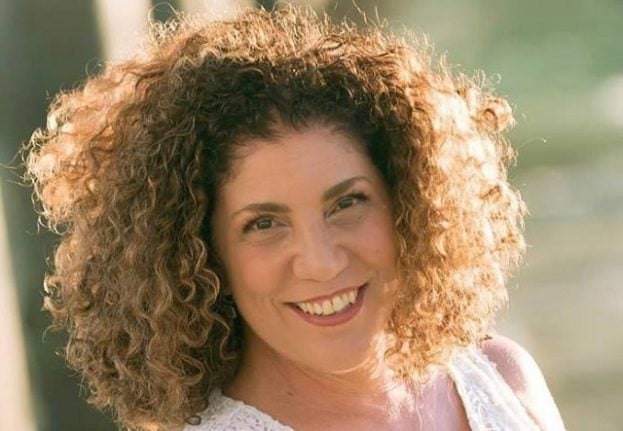
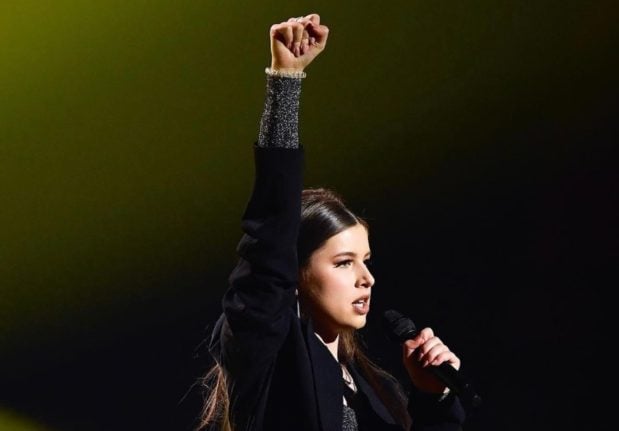

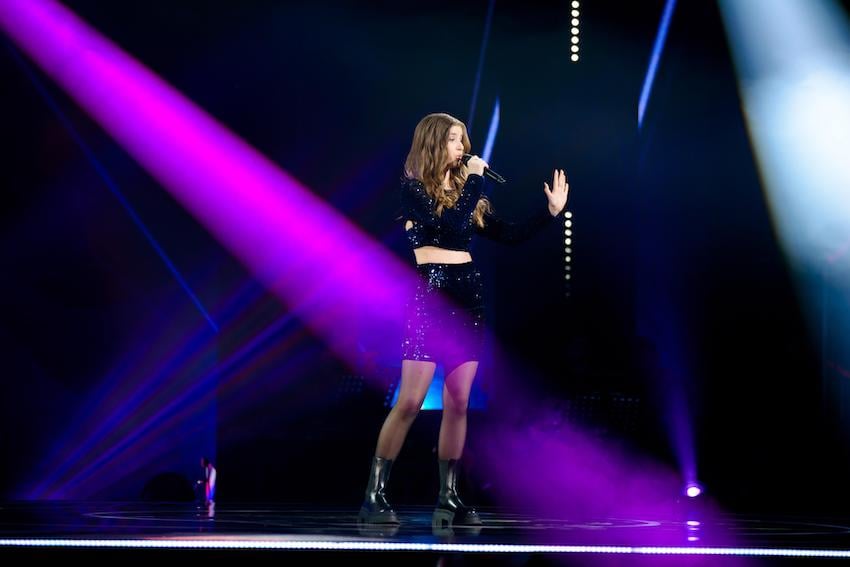
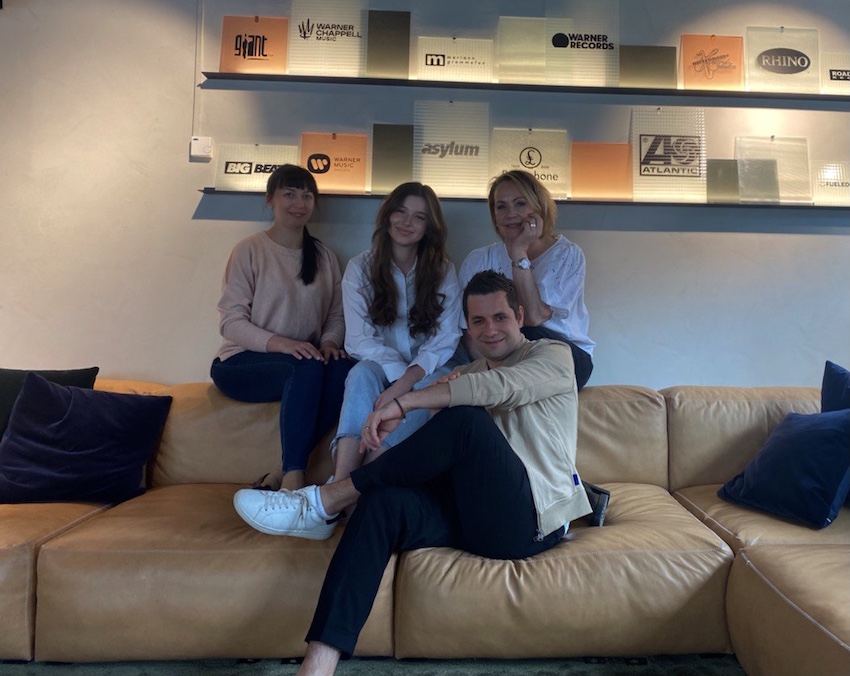
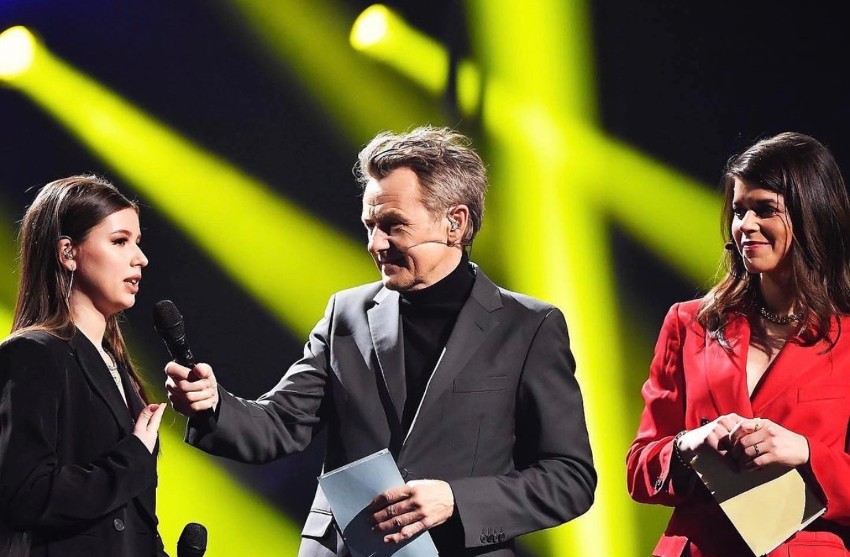
 Please whitelist us to continue reading.
Please whitelist us to continue reading.